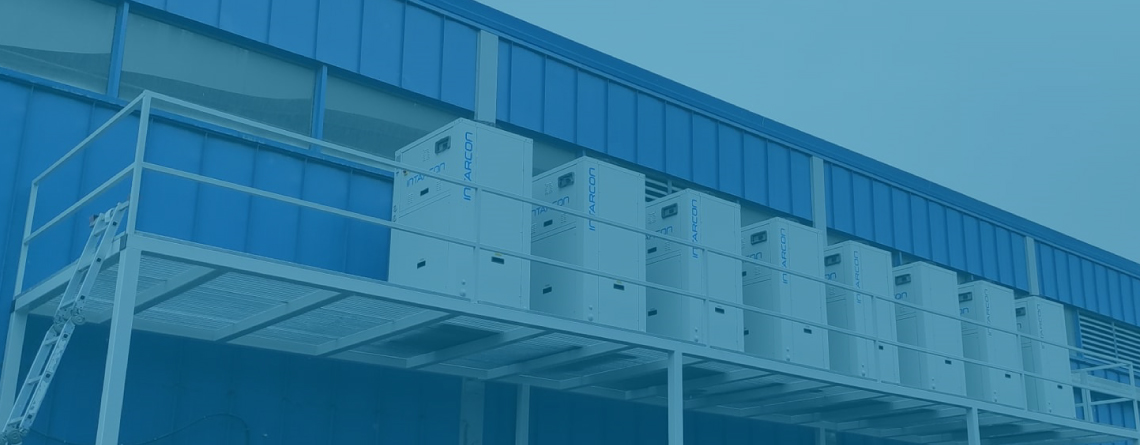Effective Vacuum Cooling Solutions for Fresh Vegetables Ensuring High Quality and Extended Shelf Life
High-Quality Vacuum Coolers for Vegetables Preserving Freshness and Quality
In the fast-paced world of agriculture and food distribution, maintaining the freshness and quality of vegetables from farm to table is paramount. High-quality vacuum coolers have emerged as an innovative solution to ensure that vegetables retain their optimal freshness and nutritional value during transportation and storage. This technology not only enhances the shelf life of produce but also meets the growing demand for fresh vegetables among consumers.
Understanding Vacuum Cooling Technology
Vacuum cooling is a process that involves evaporating moisture from vegetables under reduced pressure. This technique drastically lowers the temperature of the produce quickly without the use of ice or water, minimizing the onset of spoilage. The process works by creating a vacuum environment where the boiling point of water decreases, allowing moisture to evaporate rapidly. This is particularly useful for leafy greens and other vegetables that are highly perishable.
The advantages of vacuum cooling are manifold. Firstly, it reduces the temperature of vegetables to near 0°C (32°F) in a matter of minutes, which helps in slowing down the respiration and metabolic processes of the produce. This results in extended shelf life and retention of quality, texture, and flavor. Secondly, vacuum cooling is an energy-efficient method compared to traditional cooling methods, as it operates with reduced refrigeration requirements.
Benefits of High-Quality Vacuum Coolers
1. Enhanced Freshness Vacuum coolers help retain the natural crispness and vitality of vegetables. This is particularly critical for produce such as lettuce, herbs, and other leafy greens, which can wilt and lose their appeal within hours of harvest.
high quality vacuum cooler for vegetables

2. Reduced Weight Loss Traditional cooling methods often lead to significant moisture loss, resulting in shriveled vegetables. Vacuum cooling mitigates this issue by drawing out moisture in a controlled manner, thereby preserving the weight and, consequently, the market value of the produce.
3. Extended Shelf Life By lowering the temperature rapidly and inhibiting microbial growth, vacuum cooled vegetables can be stored for longer periods without compromising their quality. This is advantageous for producers and retailers, reducing waste and maximizing profit.
4. Faster Processing The rapid cooling process offered by high-quality vacuum coolers allows producers to cool large batches of vegetables quickly. This is crucial during peak harvesting seasons when time is of the essence.
5. Improved Transportation Efficiency By maintaining the quality of vegetables for a more extended period, producers can ship their products over greater distances without the risk of spoilage. This opens new markets and enhances distribution opportunities.
6. Sustainable Practices Utilizing vacuum cooling technology contributes to sustainability in agriculture by reducing food waste and energy consumption. This aligns with global efforts to promote environmentally friendly practices in the food supply chain.
Conclusion
In conclusion, high-quality vacuum coolers represent a significant advancement in the preservation of vegetables. As the global demand for fresh produce continues to rise, investing in this innovative technology is essential for farmers, distributors, and retailers aiming to provide quality products to consumers. Not only does vacuum cooling enhance the freshness and shelf life of vegetables, but it also supports sustainable agricultural practices and economic viability. As the industry evolves, adopting advanced cooling techniques will be key to meeting the challenges of modern food distribution and ensuring that fresh vegetables reach consumers in their best condition.






